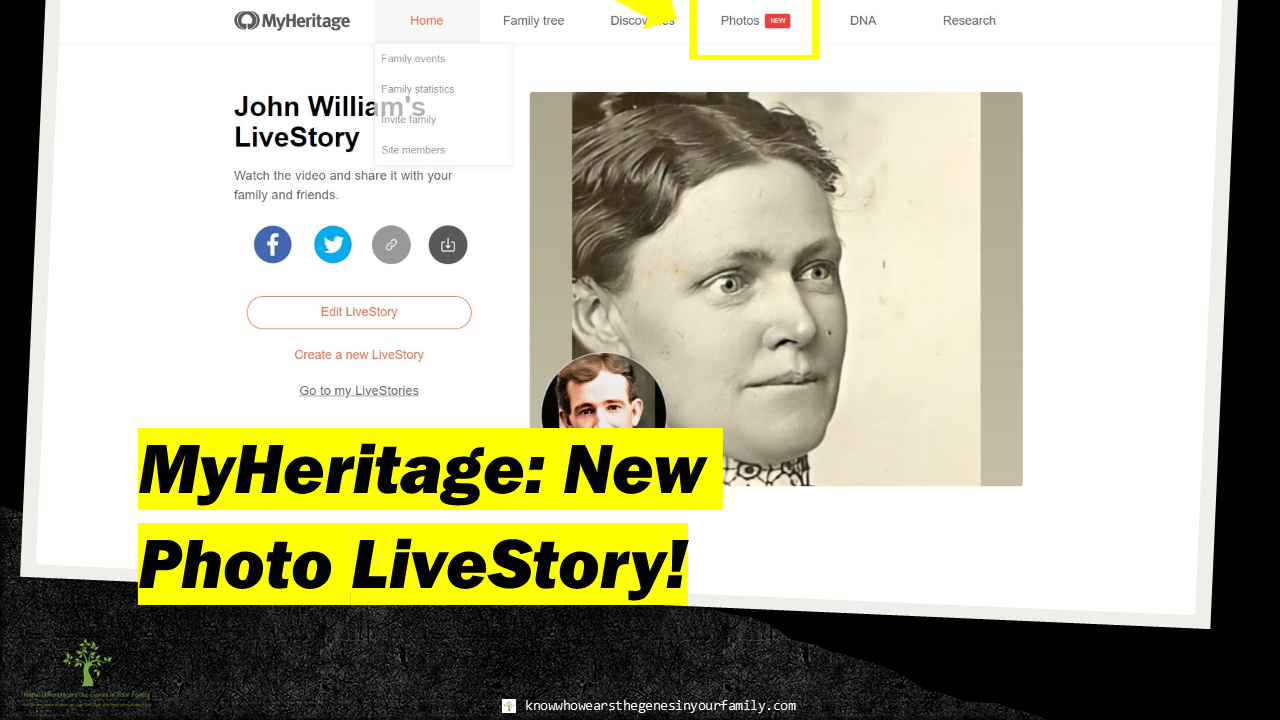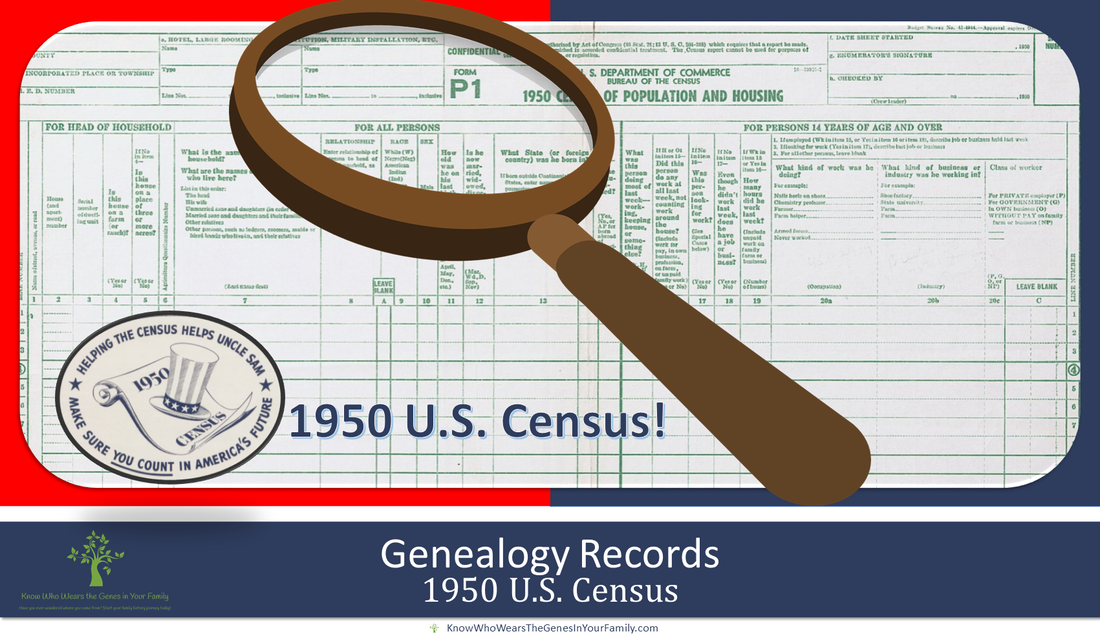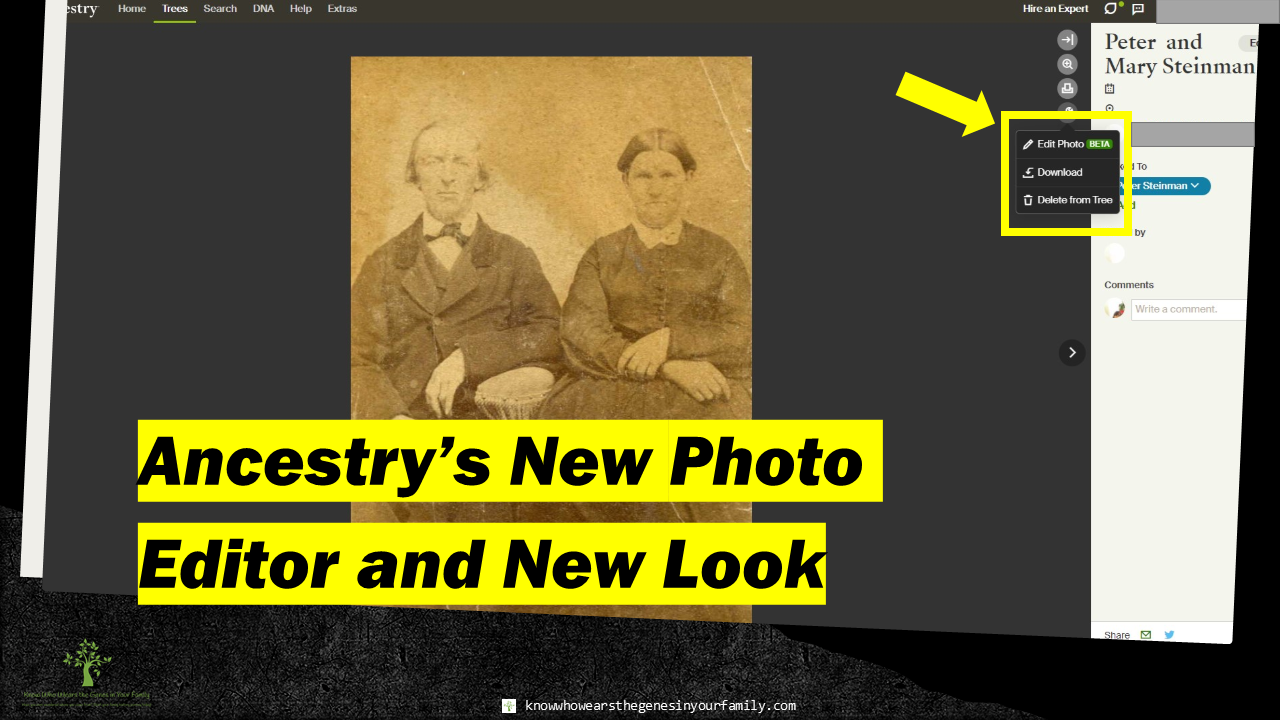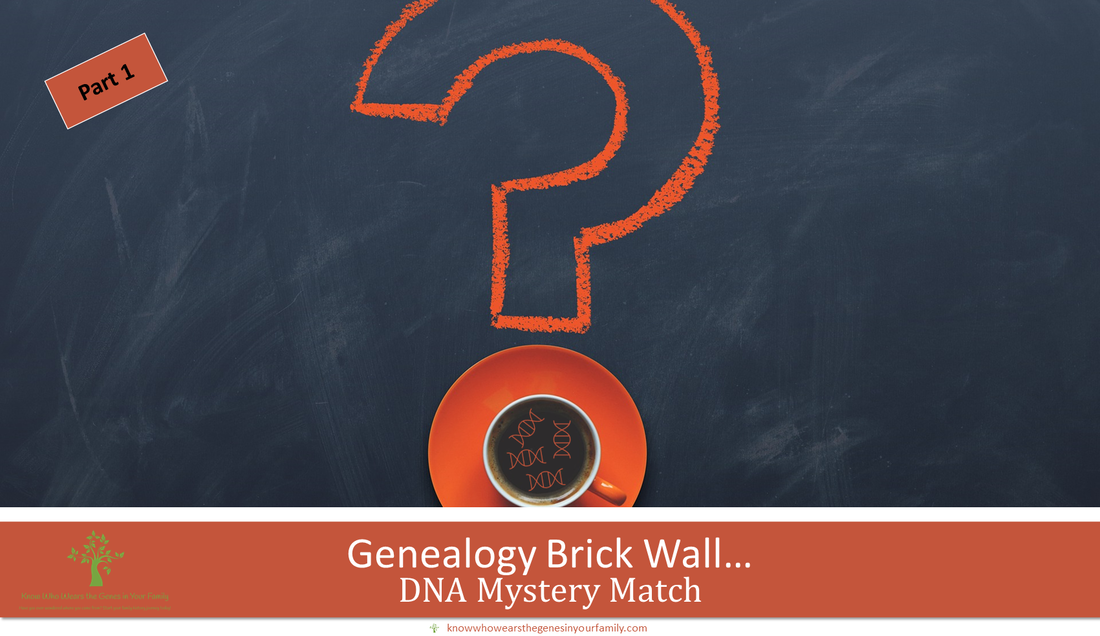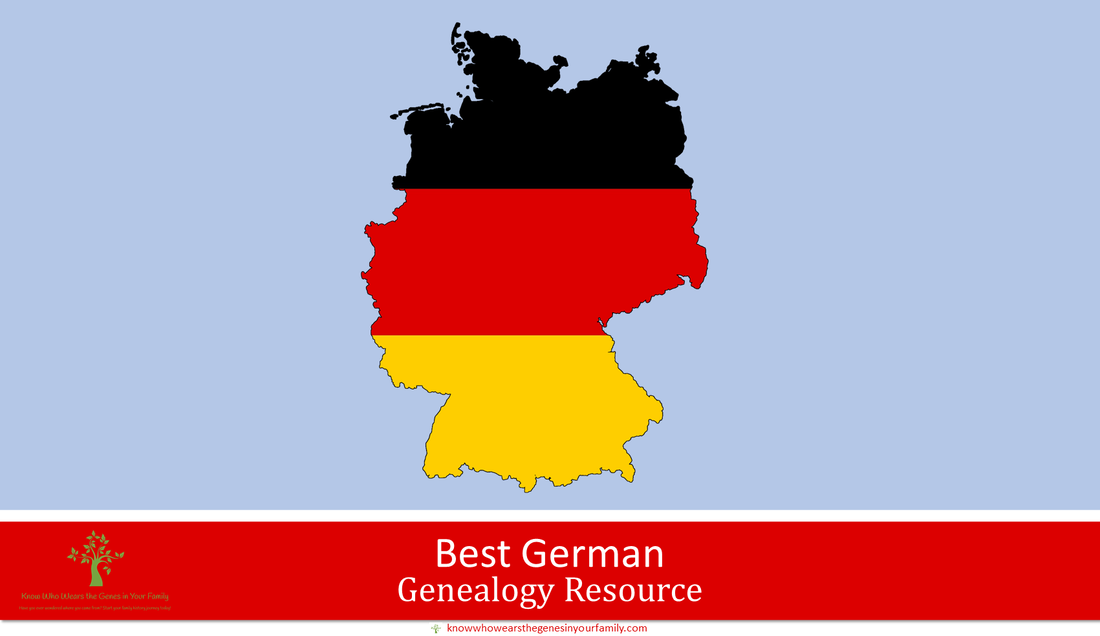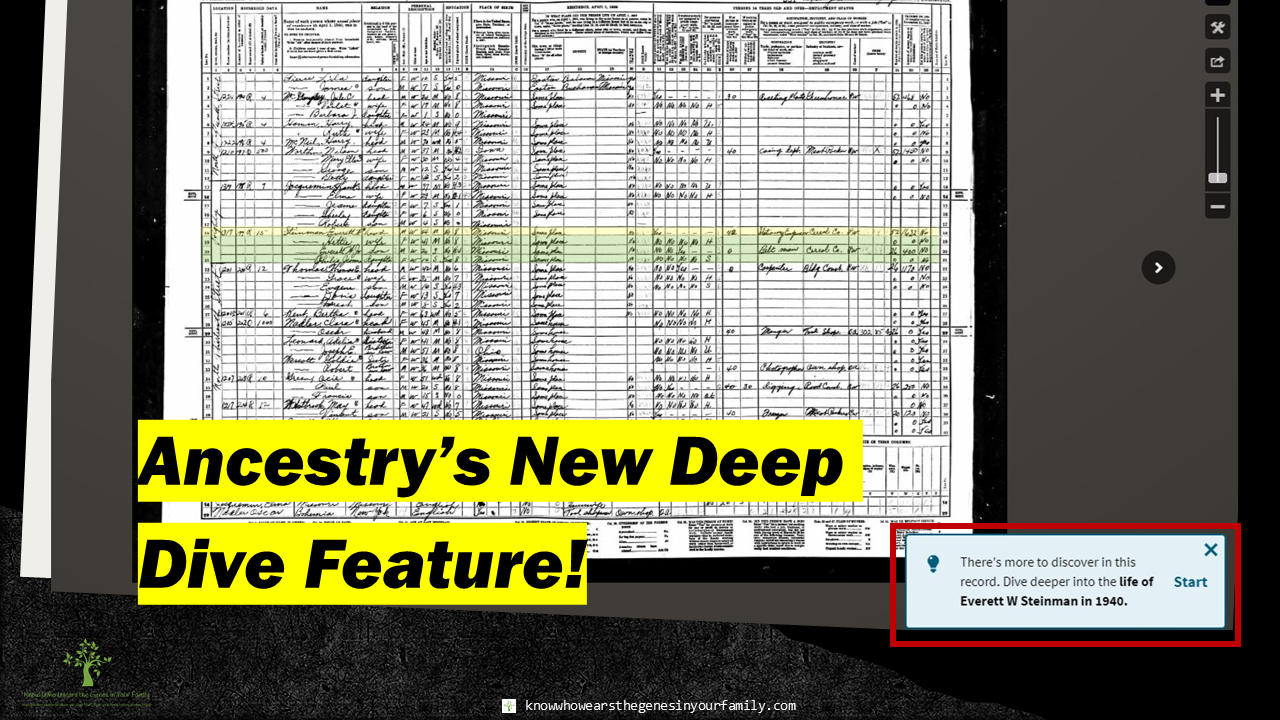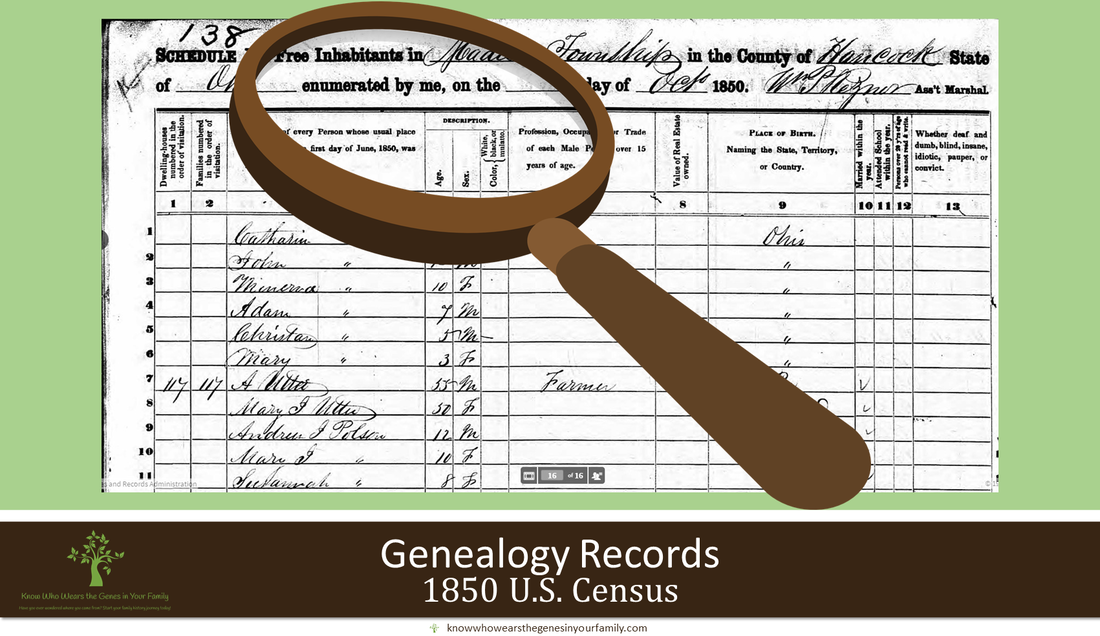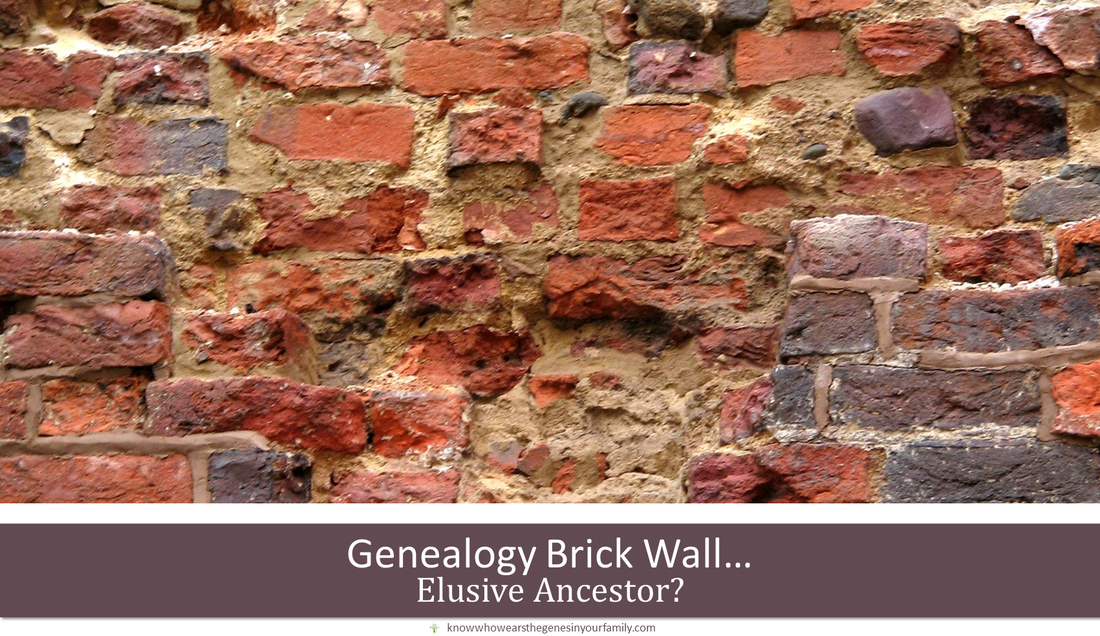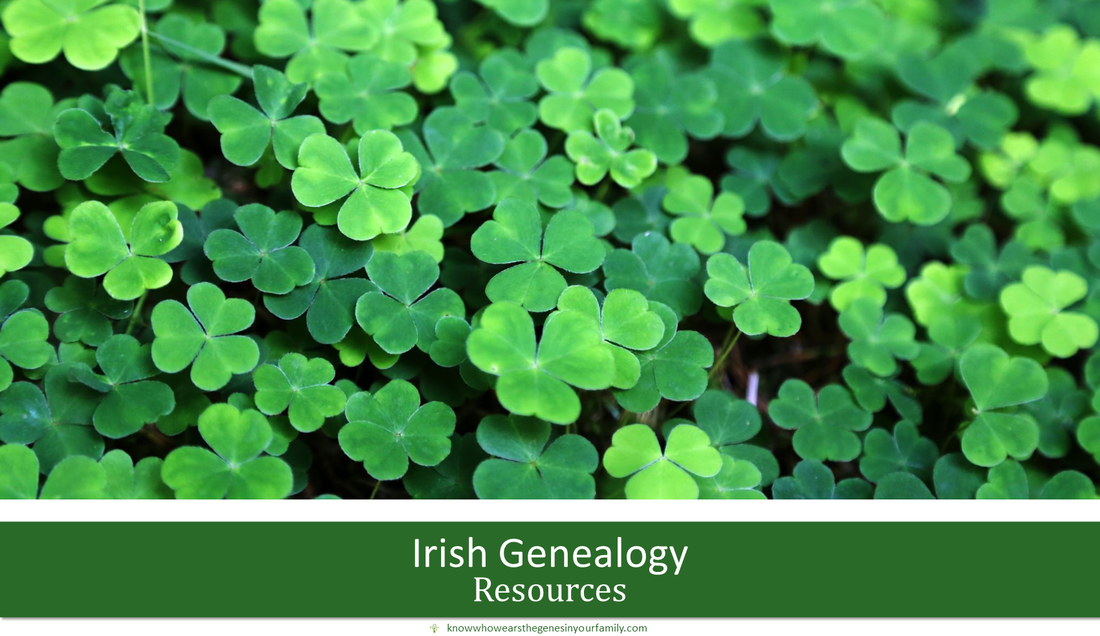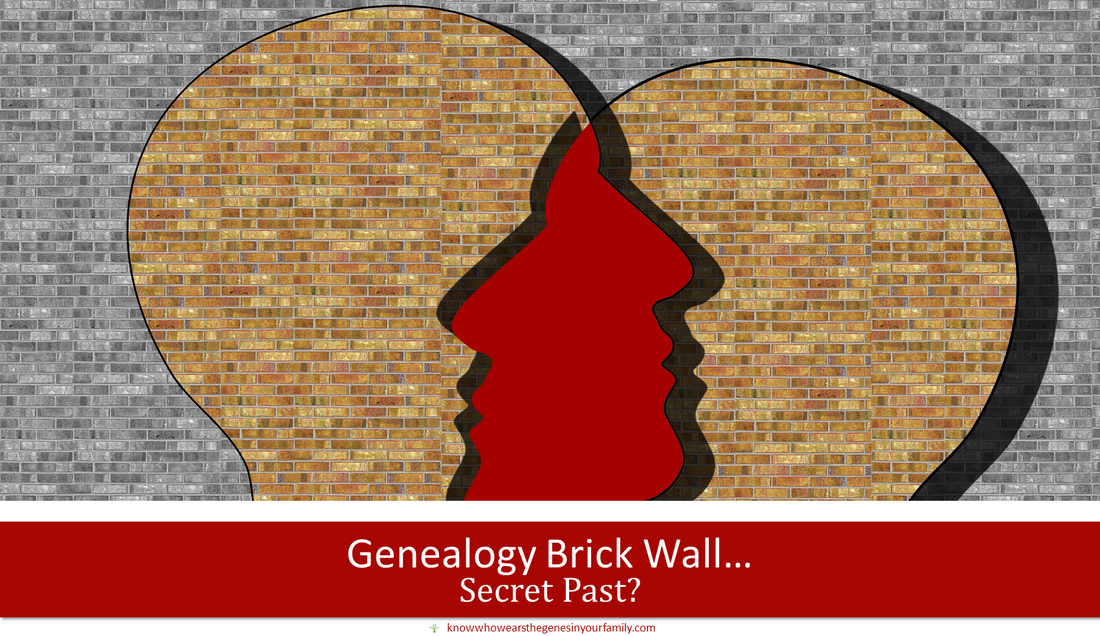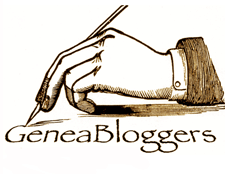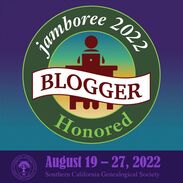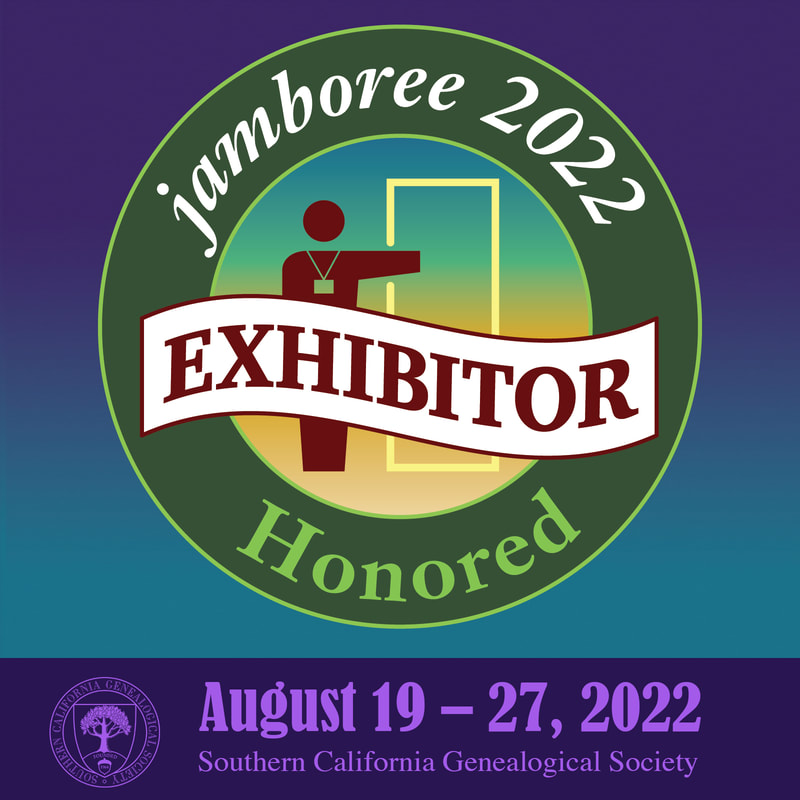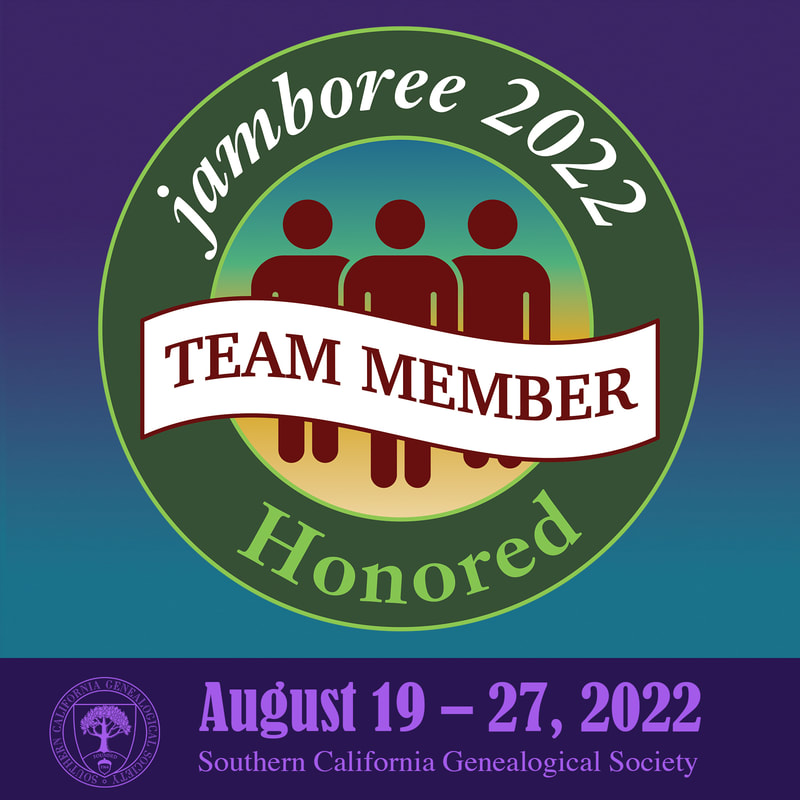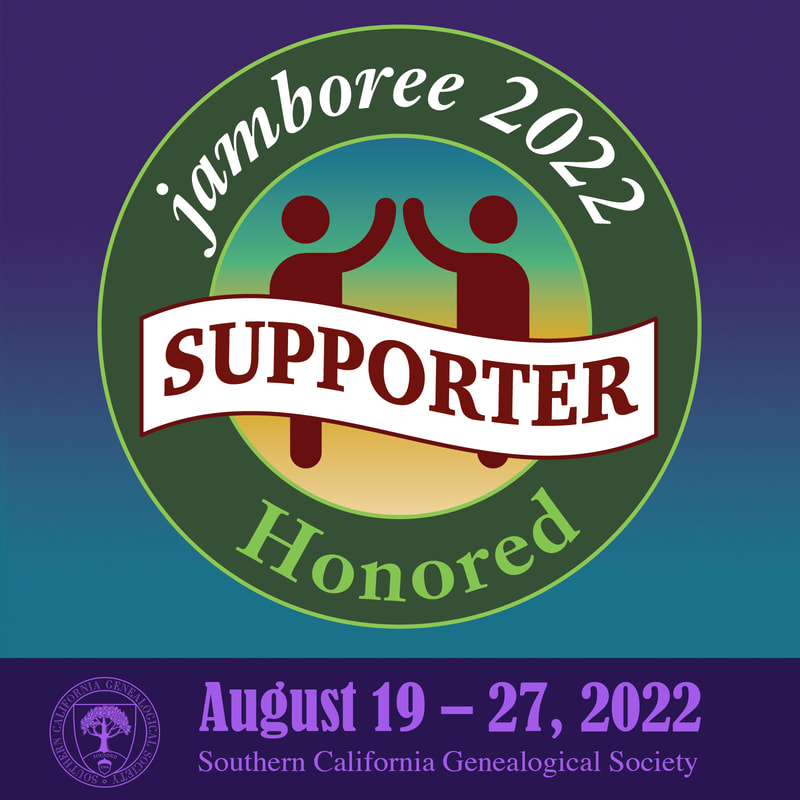|
Hispanic Heritage Month is a time to celebrate the rich and diverse cultures, histories, and contributions of Americans who trace their roots to Spain, Mexico, Central America, South America, and the Caribbean. It is also a great opportunity to explore your own Hispanic ancestry and learn more about your family's origins. How to Start Hispanic Genealogy ResearchIf you are interested in learning more about your Hispanic ancestry and heritage, you might be wondering how to start your genealogy research. Genealogy is the study of family history and origins, and it can help you discover your roots, connect with relatives, and preserve your legacy.
Online Genealogy Sites for Hispanic ResearchSome of the most popular and reliable sites for Hispanic genealogy research are:
Records for Hispanic Genealogy ResearchAnother important aspect of Hispanic genealogy research is to know what types of records are available and how to use them effectively. Some of the most useful records for tracing your Hispanic ancestors are:
By using these online genealogy sites and genealogy records, you can discover more about your Hispanic heritage and connect with your ancestors. Happy Hispanic Heritage Month! More Hispanic Genealogy and other Genealogy Resources:
Learn about more Hispanic genealogy research resources, along with other family history and genealogy resources under the Genealogy Resources category and on my dedicated Genealogy Resources page.
0 Comments
Mexican Genealogy ResourcesAre you looking for resources for your Mexican genealogy research all in one place? The number one site I use for my Mexican genealogy research is FamilySearch.org, and it is FREE! Records: These include the Mexican Civil Registration records and the Catholic Church parish records which are searchable by name now, which makes it so much easier; I remember having to painstakingly search the Mexican Civil Registration Records image by image just a few years ago! Some of the Church parish records still need to be searched image by image though. They also have the 1930 Mexican Census, and so much more! You can find the Mexican Record Resources here: Mexico Online Genealogy Records Research Wiki: The Research Wiki is a fantastic tool on FamilySearch .org, that will help you with your research. From there, you can search records, get research advice and tutorials, Spanish handwriting tools, a Spanish genealogical word list, dictionaries, Mexican history, and more! I did not learn about the Wiki until I took a trip to Salt Lake a couple of years ago, not to mention it is fairly new. The FamilySearch Wiki started back in 2008, but did not have nearly what they have now! You can find the Mexican Genealogy Research Wiki here: Mexico Genealogy FamilySearch Communities: You can also “Ask the Community” for advice, translations and more! You can find and join the research community here: Latin American Genealogy Research Interactive Questions: Have you used FamilySearch's Mexico Online Genealogy Records, their Mexico Genealogy Research Wiki or their Latin American Genealogy Research Community yet? Let me know below in the comments! I'd love to hear which of their resources you used in your Mexican genealogy research and how it has helped you climb your family tree! More Genealogy Resources: Learn about more fantastic resources you can use in your family history research under the Genealogy Resources category and my dedicated Genealogy Reources page. This post is a participant in the Genealogy Blog Party: May Day (and other holidays and celebrations held in May), to help celebrate Cinco de Mayo! This post is a participant in the Genealogy Blog Party: School Days (and September Holidays and Events), to help celebrate National Hispanic Heritage Month and Mexican Independence Day! ←Back to Genealogy Resources Page |
Details
Categories
All
FeaturedTop PostsBlogrollEvalogue.Life, Heart of the Family, Molly's Canopy, Climbing My Family Tree, Cami Mayer, Field Genealogist, Ancestor Detective, DNA Breakthroughs, Your DNA Guide, Ancestral Findings, Genealogy Tip of the Day, Family History Daily, Genea-Musings
BlogI hope my family history and genealogy blog on genealogy research tips, resources, events, and more, along with my own genealogy journeys, will help you in your research and in building your family tree to learn more about your ancestors and family history to preserve for future generations to come! Come visit me at Know Who Wears the Genes in Your Family if you're interested in starting your family history journey, booking me for your next speaking event, or family history and genealogy heirloom products!
Archives
July 2024
|
HoursM-Su: 8am - 8pm
|
Know Who Wears the Genes in Your Family is dedicated to promoting family history and genealogy, while maintaining commitment to client care and professional service, and adheres to the Code of Ethics and Professional Practices put forth by the Association of Professional Genealogists.
|

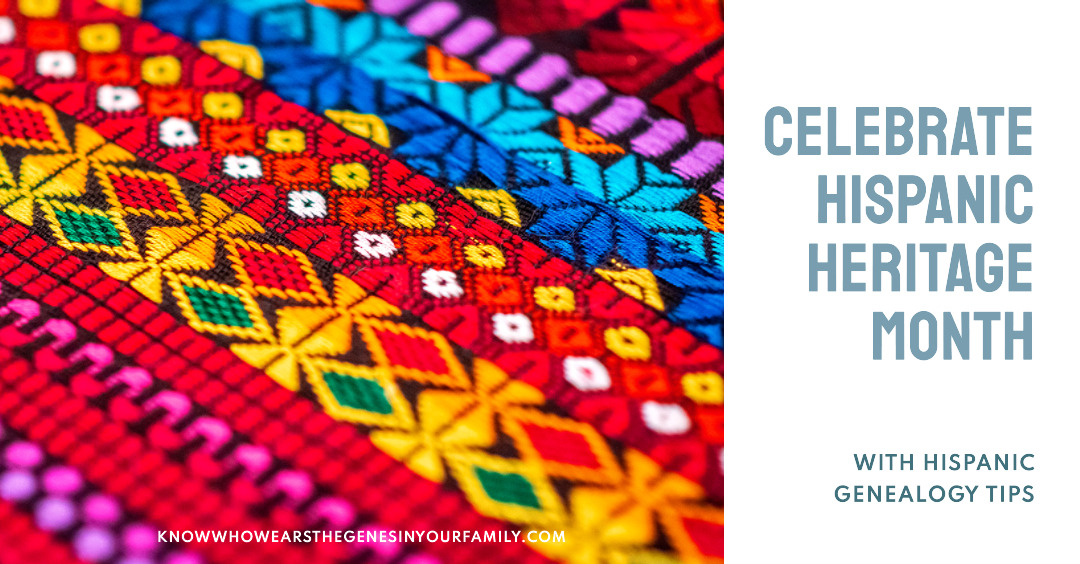
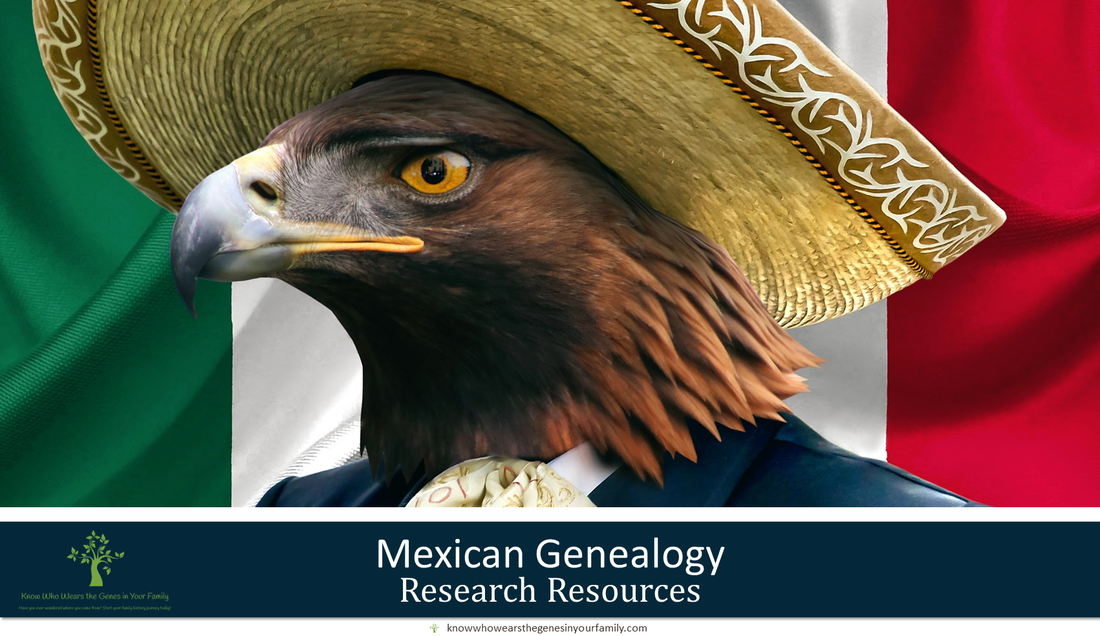
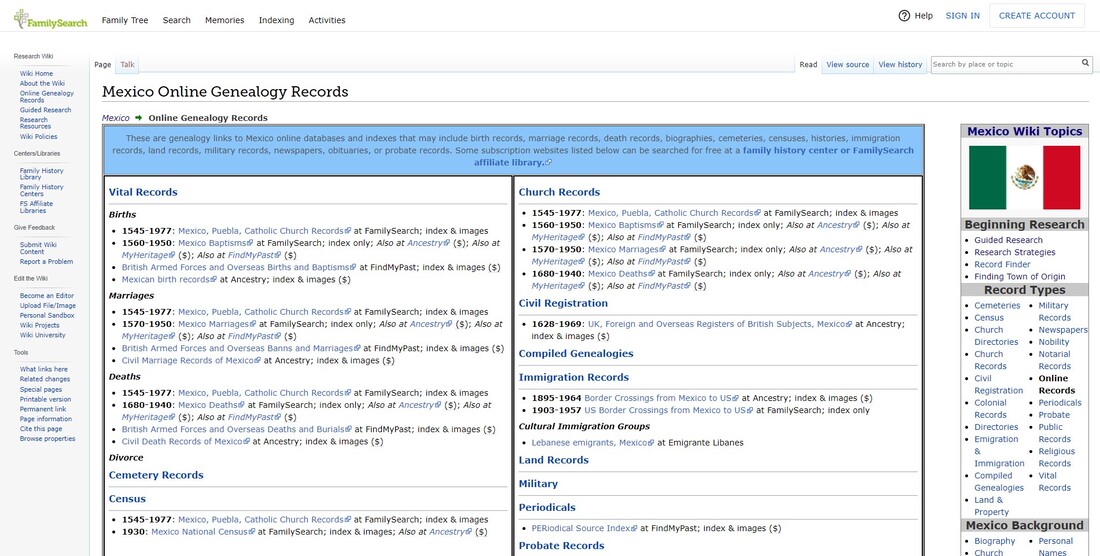
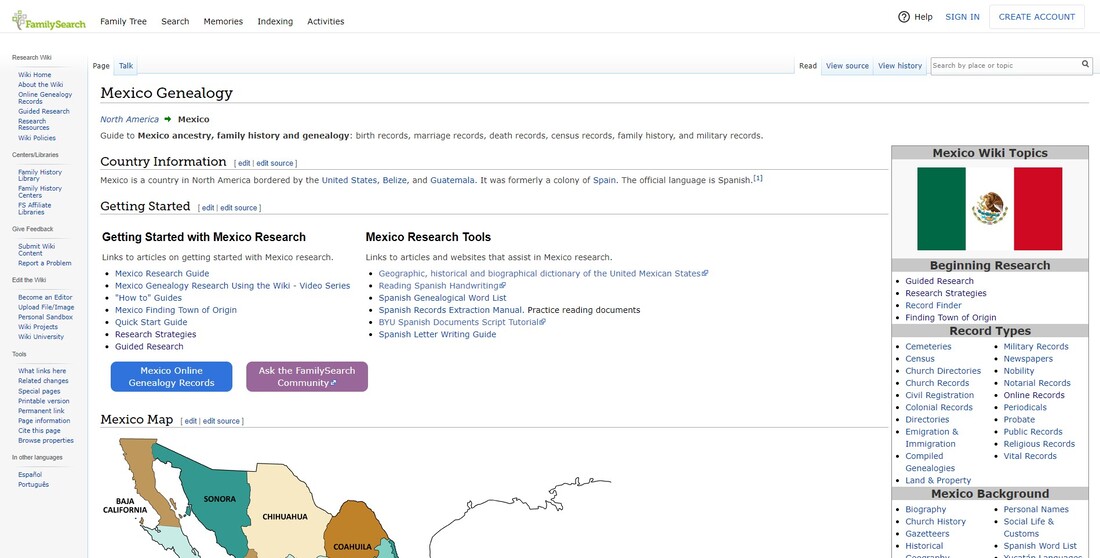
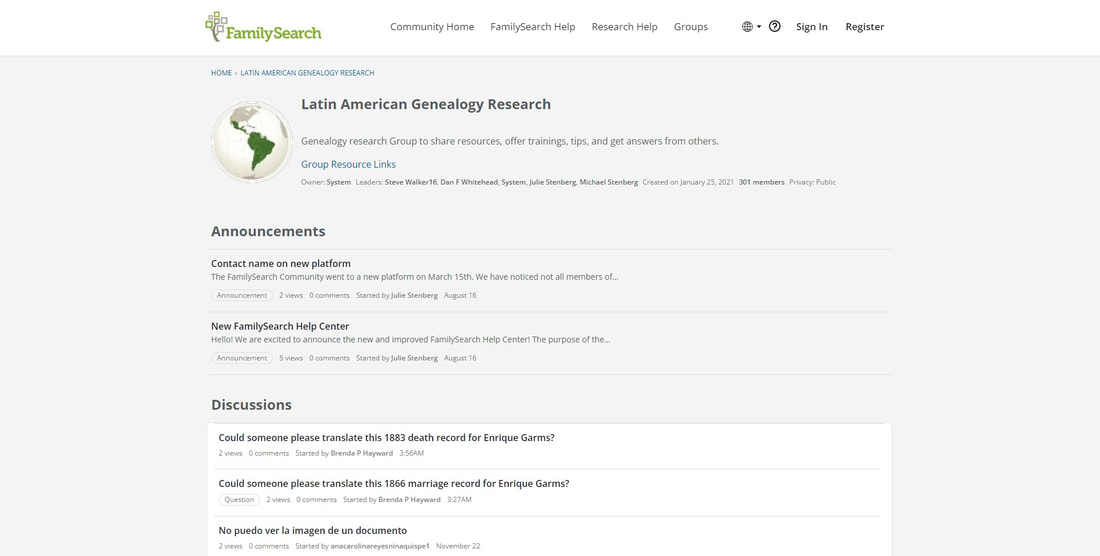
 RSS Feed
RSS Feed
